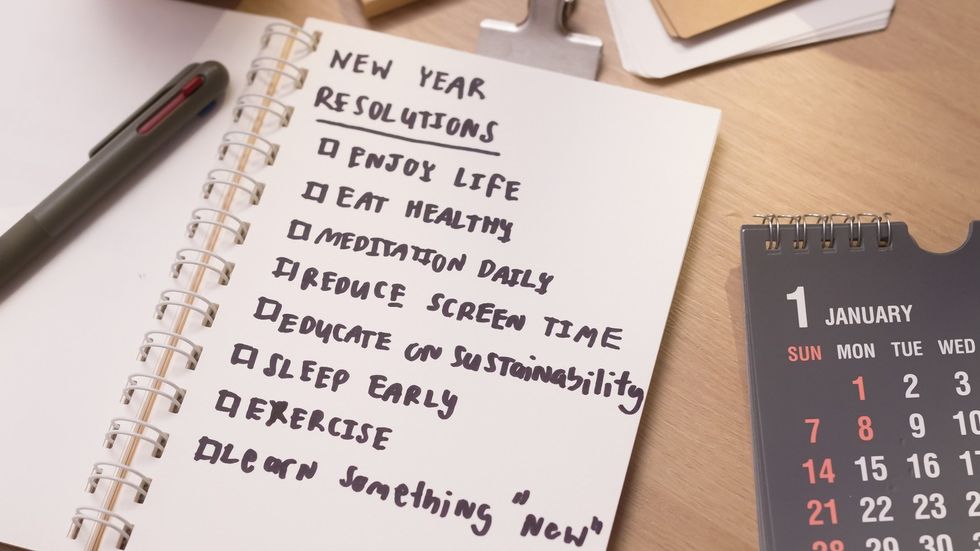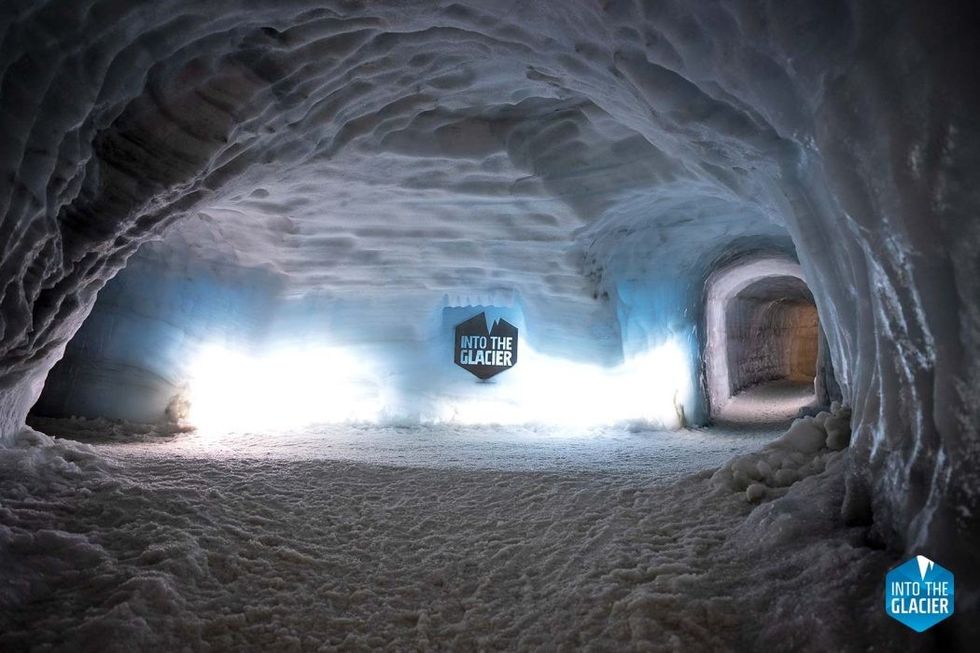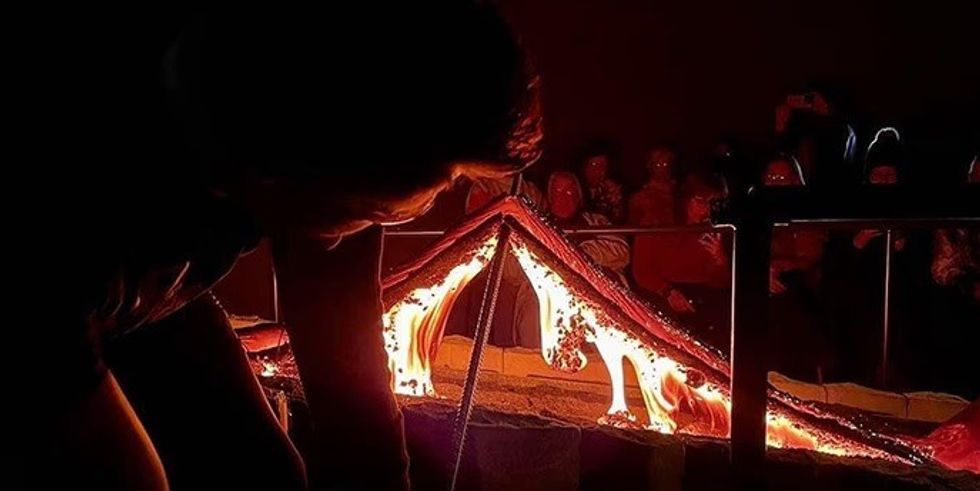Drug addiction is a complex and challenging issue that affects individuals and families across New Jersey. Whether you or a loved one are struggling with addiction, knowing where to turn for help can make a significant difference in the recovery process. This guide aims to provide valuable insights into the various facets of drug addiction treatment in New Jersey, offering practical advice and resources to support you on the road to recovery. From understanding treatment options to finding the right facility, you'll learn everything you need to start your healing journey with addiction recovery care nj.
Understanding Drug Addiction
Drug addiction is more than just a physical dependence; it's a condition that affects the brain's chemistry, leading to compulsive behavior. Many people struggling with addiction find it hard to quit despite knowing the harmful consequences. Understanding the nature of addiction is crucial for those seeking treatment and their loved ones.
The Science Behind Addiction
Addiction alters the brain's reward system, making it difficult to experience pleasure from everyday activities. Over time, tolerance builds, requiring more of the substance to achieve the same effect. This vicious cycle makes quitting extraordinarily challenging.
Commonly Abused Substances
In New Jersey, commonly abused substances include opioids, alcohol, and prescription medications. Each substance has unique impact, but the underlying addiction mechanisms are similar, necessitating a comprehensive approach to treatment.
Recognizing the Signs
Early recognition of addiction signs can lead to quicker intervention. Look for behavioral changes, physical symptoms, and social withdrawal. Being aware of these signs can be the first step toward seeking help.
Types of Drug Addiction Treatment
Treatment for drug addiction is not one-size-fits-all. Various treatment methods cater to different needs, ensuring personalized recovery plans.
Inpatient Rehabilitation
Inpatient rehab offers a structured environment away from daily triggers. This type of treatment is intensive and requires the patient to live at the facility for a set period, typically ranging from 30 to 90 days.
Outpatient Programs
Outpatient programs provide flexibility, allowing patients to continue with their daily activities while receiving treatment. These programs are less intensive but still offer essential support through counseling and therapy.
Detoxification
Detox is often the first step in the recovery process. It involves safely removing the addictive substance from the body under medical supervision. This phase can be challenging but is crucial for long-term recovery.
Choosing the Right Treatment Center
Selecting the right treatment center can be overwhelming. Here are some factors to consider when making this vital decision.
Accreditation and Licensing
Ensure the facility is accredited and licensed by reputable organizations. Accreditation signifies that the center adheres to high standards of care and professionalism.
Treatment Approaches
Different centers employ various treatment approaches, including cognitive-behavioral therapy, holistic treatments, and medication-assisted treatment. Research and choose a facility that aligns with your needs and preferences.
Location and Environment
The location of the treatment center can play a significant role in recovery. Some people benefit from being close to home, while others may prefer a more secluded environment to focus on healing.
The Role of Counseling and Therapy
Counseling and therapy are integral parts of addiction treatment. They address the psychological aspects of addiction, helping patients understand and cope with underlying issues.
Individual Therapy
Individual therapy offers one-on-one sessions with a counselor, providing personalized support and strategies for overcoming addiction. This type of therapy allows for deep exploration of personal issues.
Group Therapy
Group therapy offers a sense of community and shared experience. Patients can connect with others facing similar challenges, reducing feelings of isolation and building a support network.
Family Therapy
Addiction affects not just the individual but also their loved ones. Family therapy involves relatives in the treatment process, fostering understanding and healing within the family unit.
Importance of Support Groups
Support groups like Narcotics Anonymous (NA) and Alcoholics Anonymous (AA) provide ongoing support for those in recovery. These groups offer a platform to share experiences and gain strength from others' journeys.
Benefits of Peer Support
Peer support groups offer emotional and social support, which is crucial for maintaining sobriety. Sharing stories and strategies can provide new perspectives and motivation.
Finding Local Support Groups
New Jersey has numerous support groups available. Many organizations maintain online directories to help you find meetings nearby. Consistent attendance can significantly impact long-term recovery success.
Online Support Options
For those who can't attend in-person meetings, online support groups offer a convenient alternative. Virtual meetings provide the same level of support and connection as traditional groups.
Medication-Assisted Treatment (MAT)
MAT combines medications with counseling and behavioral therapies, offering a holistic approach to addiction treatment. This method is particularly effective for opioid and alcohol addiction.
How MAT Works
Medications like methadone, buprenorphine, and naltrexone help reduce cravings and withdrawal symptoms. When combined with therapy, MAT can be a powerful tool in the recovery process.
Benefits and Drawbacks
While MAT can be highly effective, it's essential to understand the potential risks and side effects. Consulting with a healthcare provider can help determine if MAT is the right choice for you.
Finding MAT Providers
Many treatment centers in New Jersey offer MAT services. Research providers thoroughly to ensure they have the necessary qualifications and experience to administer this treatment effectively.
Holistic Approaches to Recovery
Holistic treatments focus on healing the whole person—mind, body, and spirit. These methods can complement traditional treatments and enhance overall well-being.
Yoga and Meditation
Practices like yoga and meditation help reduce stress and promote relaxation. These activities can improve mental clarity and emotional stability, aiding in the recovery process.
Nutritional Therapy
Proper nutrition plays a vital role in recovery. Nutritional therapy involves creating balanced meal plans that support physical health and recovery goals.
Exercise and Physical Activity
Regular exercise boosts mood and energy levels. Incorporating physical activity into your routine can help reduce cravings and improve overall health.
Aftercare and Continued Support
Recovery doesn't end after completing a treatment program. Aftercare and continued support are essential for maintaining sobriety and preventing relapse.
Transitioning Back to Daily Life
Reintegrating into daily life can be challenging. Developing a structured plan for managing stress and avoiding triggers is crucial for sustained recovery.
Sober Living Homes
Sober living homes provide a supportive environment for those transitioning out of rehab. These residences offer a safe space to continue recovery while gradually returning to everyday responsibilities.
Ongoing Therapy and Counseling
Continued therapy helps address any lingering issues and provides support for managing the ups and downs of life. Regular sessions can help reinforce coping strategies and prevent relapse.
Financial Considerations and Insurance
The cost of addiction treatment can be a concern, but various financial options can make it more accessible.
Insurance Coverage
Many insurance plans cover addiction treatment services. Contact your provider to understand what is covered and any out-of-pocket expenses you may incur.
Payment Plans and Assistance
Some treatment centers offer payment plans or sliding scale fees based on income. Financial assistance programs may also be available to help cover costs.
Free and Low-Cost Options
Numerous state-funded and nonprofit organizations offer free or low-cost treatment options. Research local resources to find affordable treatment solutions.
Legal Considerations and Rights
Understanding your legal rights can be crucial when seeking addiction treatment.
Patient Rights
Patients have the right to receive confidential and respectful care. Familiarize yourself with your rights to ensure you receive the best possible treatment.
Legal Protections
Laws like the Americans with Disabilities Act (ADA) protect individuals with addiction, ensuring they receive fair treatment in various settings, including employment and healthcare.
Navigating Legal Issues
For those facing legal issues related to addiction, seeking legal counsel can help manage court requirements and avoid further complications.
Community Resources in New Jersey
New Jersey offers a wealth of resources to support those struggling with addiction.
State-Funded Programs
The state funds various programs that provide treatment and support for individuals and families affected by addiction. These programs often offer comprehensive services at little to no cost.
Nonprofit Organizations
Numerous nonprofit organizations in New Jersey offer support, counseling, and treatment services. These organizations are dedicated to helping individuals recover and rebuild their lives.
Local Support Networks
Local support networks, including faith-based groups and community organizations, offer additional resources and support. Getting involved in these networks can provide a sense of belonging and encouragement.
Conclusion
Navigating the path to recovery from drug addiction is undoubtedly challenging, but with the right resources and support, it is achievable. New Jersey offers a range of treatment options, support groups, and community resources to help you or your loved one on this journey. Remember, recovery is a continuous process that requires commitment and support. By taking the first step today, you're opening the door to a healthier, more fulfilling life.

























